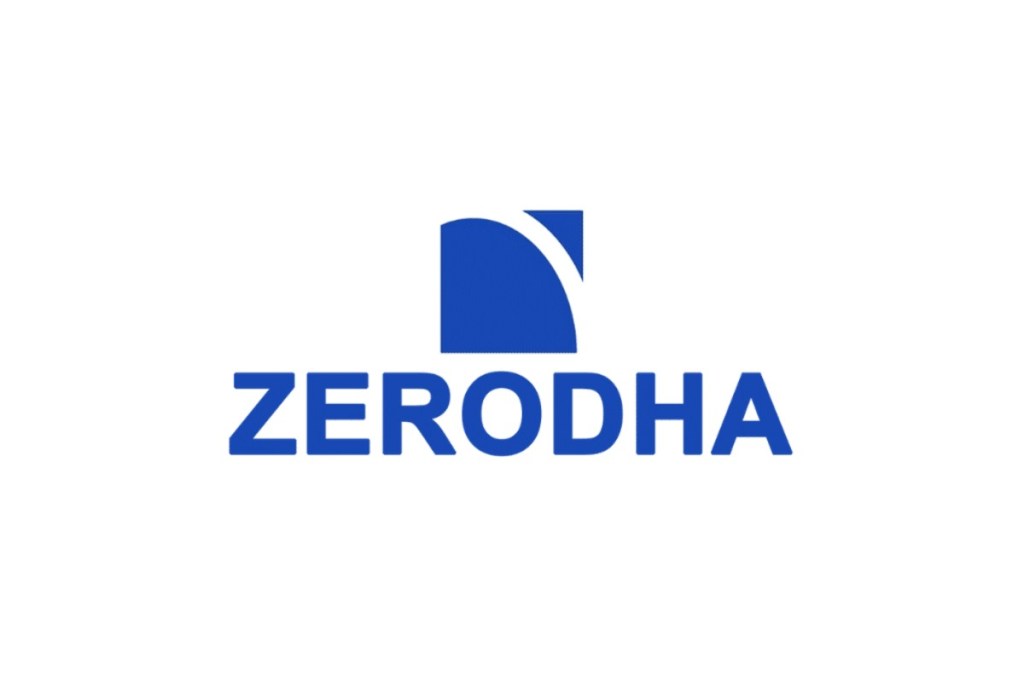In a move that will help long-term investors, who want to save on capital gains tax while trading, discount broker Zerodha has allowed its users to open a secondary demat account. The basic idea is to manage long-term investment and short-term trade by applying the first in first out (FIFO) option to each account.
Solution to the FIFO Tax Problem
Currently, as the FIFO rules apply on a single demat account, if a stock is purchased for long-term at a lower price and an investor buys more quantity of the same stock for trading purpose, the short-term profit as well as capital gains tax will be higher as the older purchase will be sold first, impacting long-term returns.
For example, say someone holds the stock of XYZ company in his demat account that was bought 10 years back. However, he also has bought some more in this financial year for trading purposes. When he sells this stock from his demat account, the FIFO rule will come into play and the stock that was bought 10 years back would be sold first.
As the capital gains tax is charged on profits, explained Anurag Nahata, Associate Director, Nangia & Co LLP, a 20% tax will be applied on the short-term profit which is higher and the advantage of a lower 12.5% tax for holding for long-term will be minimal as long-term profit is reduced.
This service can be offered by any broker depository participant but till now, only Zerodha has this feature.
Nahata said no regulation under the income tax rules prevents a person from having multiple accounts, they are already using more than one account through different banks, this will help them distinguish their holdings and trade accordingly.
Arungouda Patil, Senior Business Analyst, Zerodha said we have made a beta version of the feature available for the users. “We are not looking at it from a business perspective, people have been asking for this,” he said while noting that currently they have a feature where users can put tags like retirement to the investment but FIFO applies across long- and short-term holdings.
Benefits beyond tax management
This will make user experience easier as reporting, analytics and everything will be there at one place, he said. “When you move your long-term holdings to a secondary demat account, they won’t appear on your Kite platform, though you can still view them on Console,” according to the broker’s website. “This separation helps you maintain discipline by reducing the temptation to trade your long-term investments impulsively.”
This account will not qualify as a BSDA (Basic Services Demat Account) as its criteria requires having only one demat account and a user will have to transfer holdings to the primary account for selling. The transfer takes 24 hours.
“The one-day transfer time between Zerodha demat accounts gives you time to think through decisions and helps maintain investment discipline,” the website said.
The broker will charge ₹300 + 18% GST for each account separately and ₹13 + 18% GST per transfer transaction between primary and secondary demat accounts.


